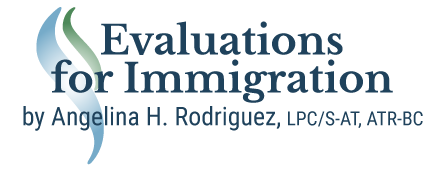It has been announced that the Deferred Action for Child Arrivals (DACA) program has been fully reinstated in terms of its conditions prior to the 2017 attempt to terminate the program and the halting of applications that had taken place in July 2020. This ruling was put into place as of December 7th, 2020 and has many affected individuals in the immigrant community as this means that certain provisions of the original program are now reinstated such as deferring deportation for two years, being able to submit new applications, receive a work permit, etc. However, with all of the changes made to the program, there is much confusion concerning the original provisions and regulations within DACA and the application process as well as eligibility. To help with clarification as to what this means for the undocumented community going forward and how it will help, here is what can and will come from the recent reinstatement.
New Applications Will Be Accepted
Prior to the reinstatement, any applications were not accepted, however, due to upholding the program and its original provisions in full, new initial applications as well as renewal requests will be fully accepted. The eligibility to be protected under the DACA program remains as before for those who: are under 31 years of age as of June 15, 2012, entered the United States under the age of 16, continuously resided in the United States since June 15, 2007, currently in school, have graduated from high school, have obtained a GED, or have been honorably discharged from the Coast Guard or armed forces, and have not been convicted of any felony. The application requires a $495 fee in the form of a money order or check upon mailing, as well as corroborating documents that verify you meet eligibility criteria. To find what qualifies as a corroborating document, the USCIS DACA webpage has an extended list as well as the application itself.
DACA Will Extend Back to 2 Year Renewals
In addition to accepting new applications, the program will offer protections and resources for recipients for up to 2 years instead of the 1-year amendment that was previously made in July 2020. The protections offered for up to 2 years include but are not limited to: deferring any action towards deportation proceedings, become eligible for a work permit in the United States, and possibly the ability to obtain a driver’s license and social security card. As far as how this will affect the application fee, instead of having to pay the $495 per year as made previously, the application fee will be paid every two years, thus providing a bit more breathing room for applicants who could not afford the previous yearly fee.
New Opportunities Are Presented for the Undocumented Community
With the upholding of the original state of the program, the undocumented community is able to thrive and live life to the fullest without having to worry about being separated from their families or losing their homes due to not being able to obtain work. For those who are applying for the first time, this means that there is a sense of prosperity and hope being instilled as they may be able to apply for work, be inspired to look towards a path of citizenship, and be able to seek opportunities in terms of obtaining healthcare and sustainable living for themselves and their families. It has been seen that the effects of the program prior to the alterations have been positive in terms of boosting moods and mental health outcomes in recipients. The upholding of the original DACA program means much more than protection from deportation, it is a chance for many to live the lives they dreamt of when migrating to their new home.








